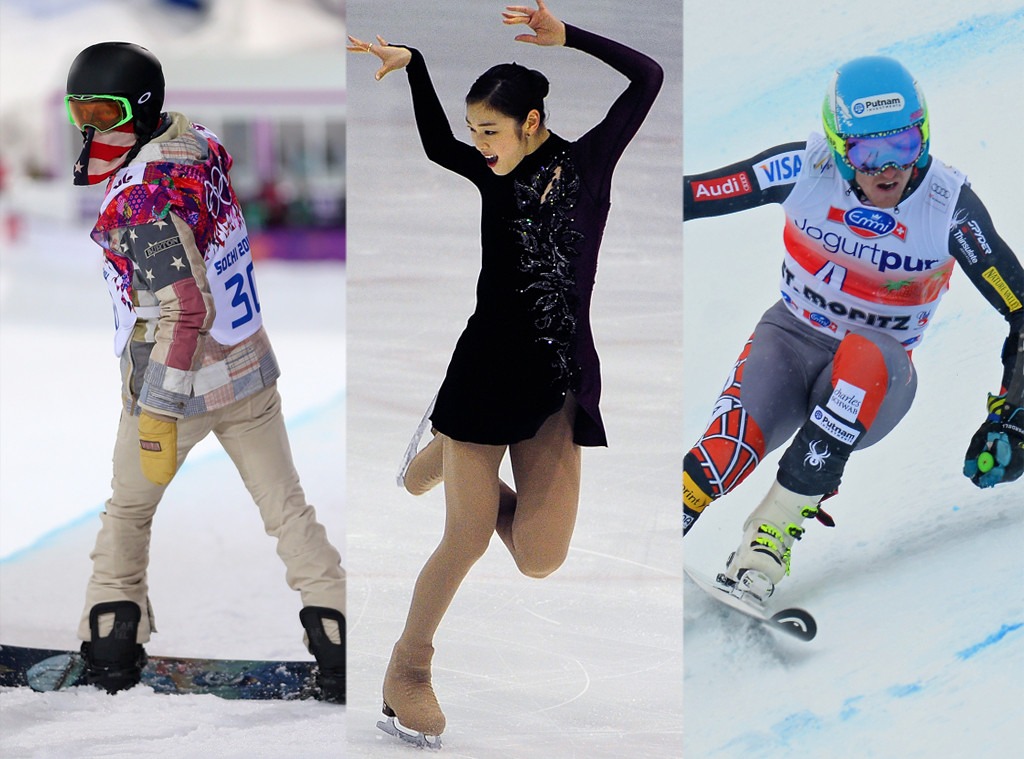 Mike Ehrmann/Song Kyung-Seok-Pool/Mitchell Gunn/Getty Images
Mike Ehrmann/Song Kyung-Seok-Pool/Mitchell Gunn/Getty ImagesIt's not news that the 2014 Winter Olympics underway right now in Sochi, Russia, are the most expensive Olympic Games in history so far.
A reported $51 billion has been spent by the host country in preparing for—and now, here's hoping—pulling off the 16-day event, which is being watched closely from all corners of the globe.
And while there is plenty of controversy surrounding why the Sochi Games are costing that much, that's another story. What we have for you here, meanwhile, is a numerical guide to spectacle, pizzazz and Olympic glory!
Starting with...
3,000: Number of performers used in the lavish opening ceremony.
22.5: Tons of fireworks set off during the opener.
1: Visible technical malfunction, when one of five glittering snowflakes didn't fully transform into one of the Olympic rings. (FYI: Russian TV viewers knew nothing of that (at least not till they looked online)—producers quickly swapped in rehearsal footage for those watching at home-home.)
$775 million: What NBC paid the International Olympic Committee for exclusive U.S. TV and digital rights to the Games.
1,500: Hours of event coverage available to watch either on TV or online. (And yet, there are only 384 hours in 16 days...)
$250 million: About what NBC is going to spend producing its extensive TV coverage.
$800 million: What sponsors are paying NBC to advertise during the Games.
2,800-plus: Estimated number of athletes participating in the Games.
88: Countries represented.
98: Events being staged in seven sports encompassing 15 disciplines (eg. alpine vs. cross-country skiing).
12: New Olympic events introduced this year, including slopestyle snowboarding and team figure skating.
$8 million: What superstar snowboarder and halfpipe gold medalist Shaun White and South Korean figure-skating gold medalist Kim Yu-Na earned in endorsements and prize money (some countries, including the U.S., give out "medal bonuses") in Vancouver in 2010—and Forbes experts don't expect that number to alter significantly this year. (Lindsey Vonn was the next-highest-grossing winter Olympian, but she's out this time due to injury, and U.S. skier Ted Ligety was next with $2 million.)
$25,000: What the U.S. Olympic Committee gives its gold medalists as a bonus. ($15,000 for silver and $10,000 for bronze. Dry those tears, Hannah Kearney, third place isn't so bad.)
$47 billion: Really, $51 billion isn't that much of a leap from what it cost Beijing to put on the Summer Olympics in 2008, including $100 million for the opening ceremony. China's tab, meanwhile, was a huge leap from the next-highest price tag, $26 billion for the 1998 Winter Olympics in Nagano, Japan.
204 million: People who watched at least six minutes of the 1994 Winter Olympics in Lillehammer, Norway, to make it the most-watched Olympics to date. And who wants to bet that 200 million of those people were in it purely to watch Nancy Kerrigan and Tonya Harding?
—Additional reporting by Baker Machado